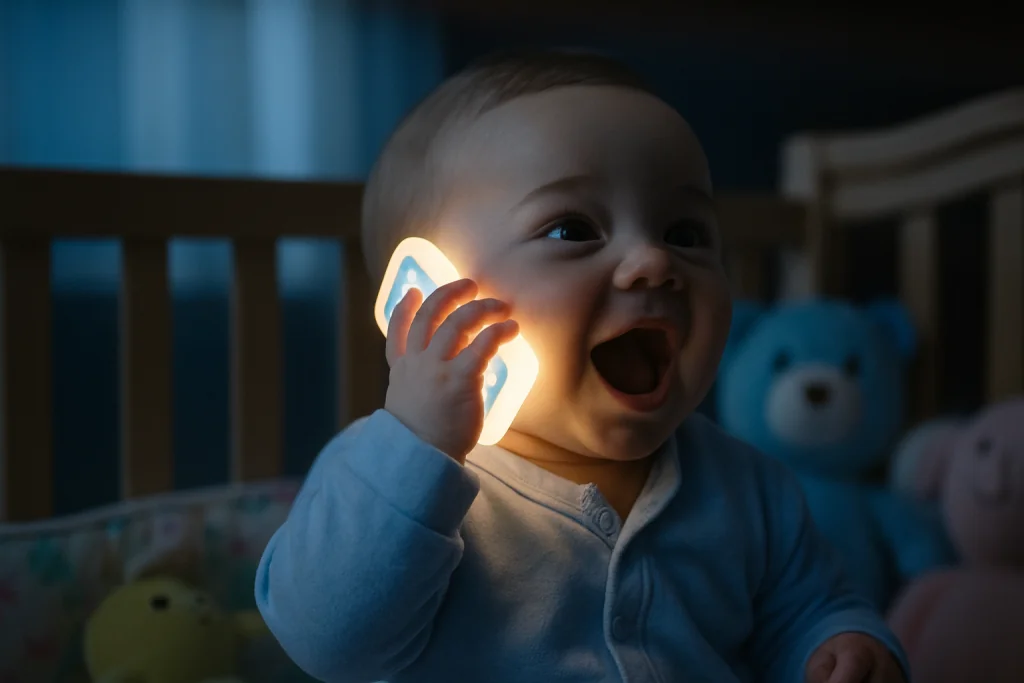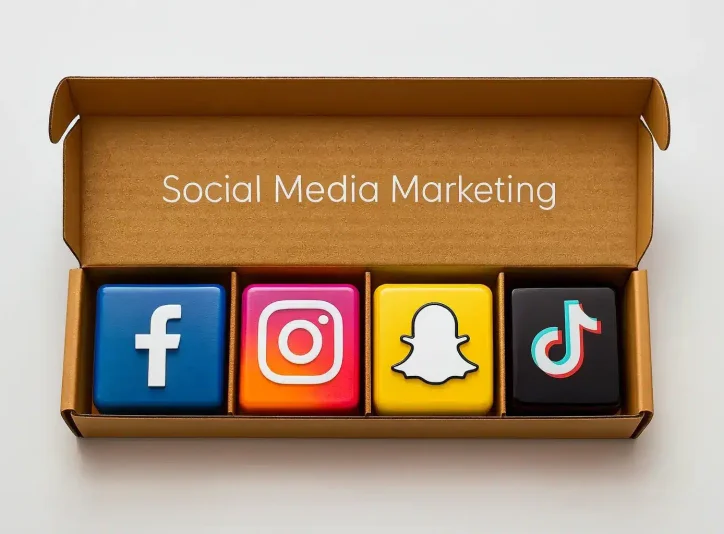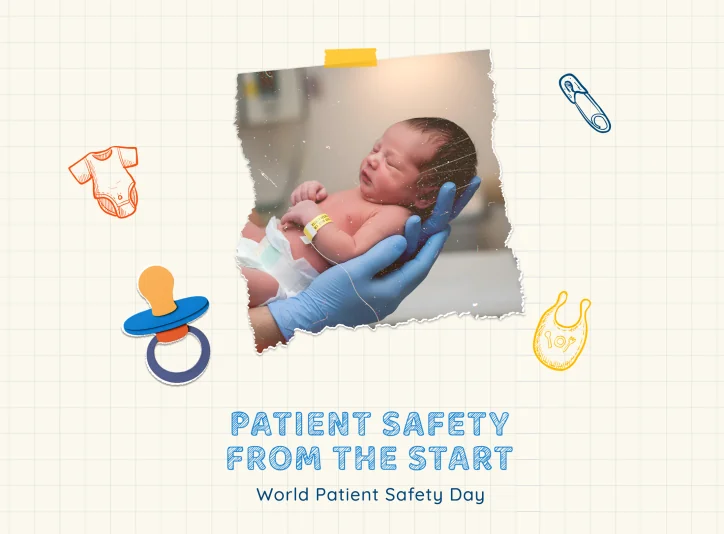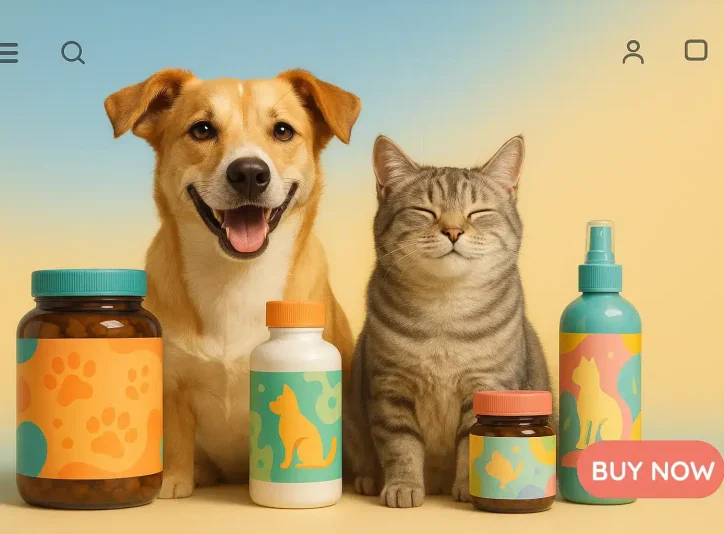In this article, we’ll share how we developed a creative health awareness campaign for World Breastfeeding Week, blending humor, AI technology, and WHO recommendations to educate and engage audiences.
Q1: What is a health awareness campaign?
A health awareness campaign is an initiative aimed at informing and educating people about a specific health topic, condition, or behavior, with the goal of promoting healthy choices, preventing illness, and encouraging positive lifestyle changes.
Q2: What is the goal of health awareness campaigns?
The true goal goes beyond visibility, a well-crafted health awareness campaign should:
- Share life-changing health knowledge
- Encourage people to take positive action
- Support public health objectives
- Show a brand’s social commitment
- Build authentic trust with audiences
For health and wellness brands, it’s not just about being seen, it’s about being meaningful, helpful, and memorable.
Q3: What did we do for World Breastfeeding Week 2025?
At Eureka, we took a fresh approach, launching a funny, creative, and hyper-realistic AI-powered baby, frustrated because his mom was “only” breastfeeding him 20 times a day. Sounds silly? Exactly. That’s the hook!
We grabbed attention with humor in the video, then delivered the truth from WHO in the caption: babies under 6 months need 8–12 feeds a day to grow strong and healthy.
How we did it?
- Join the AI “talking baby” trend
- Harness the latest AI technologies and tools
- Spark curiosity with an “illogical” yet relatable baby POV
- Share trusted WHO recommendations in a memorable way
At Eureka, we believe health awareness doesn’t always have to be serious. It just has to be effective.
Read more: Creative Health Awareness Campaigns by Eureka – World Diabetes Day
Q4: What does WHO recommend about breastfeeding?
We built our message on trusted medical facts from the World Health Organization:
For babies under 6 months:
- Exclusive breastfeeding: No other food or drink.
- Signs your baby is getting enough milk: At least 6 wet nappies/day, soft stools, and steady growth.
- Avoid giving water: It can cause diarrhoea, malnutrition, and reduce breastfeeding. Breast milk is more than 80% water, so even on hot days, extra feeds are better than water.
- Feeding frequency: Most babies need 8–12 feeds in 24 hours for the first 6 months. Make sure to let them finish naturally.
- Mother’s diet: Eat healthy when possible, but even if not perfect, breast milk still meets your baby’s needs.
For babies above 6 months:
- Start solids: From 6 months, add family foods to breast milk. Babies can eat what you eat (meat, fish, eggs, vegetables, fruits, beans, nuts).
- Safe food prep: Store and cook food safely to avoid illness.
- Self-feeding: Offer soft foods babies can hold and feed themselves.
- Continue breastfeeding: Up to 2 years and beyond , it continues to protect against infections.
Read more about creative health awareness campaigns launched by Eureka in collaboration with WHO:
WHO Anti-Tobacco Awareness Campaign
WHO Mental Health Award-Winning Campaign
Q6: Who should care about health awareness campaigns?
If you’re a pharma, health, or wellness brand, this matters to you.
- Want to raise awareness about a health condition?
You can connect it to your prescription drug or OTC product in a meaningful, compliant way. For example, highlighting diabetes treatments during World Diabetes Day. - Planning a seasonal campaign around a health awareness occasion?
Think of summer campaigns for World Skin Health Day. - Need to educate your audience in a relatable, non-clinical way?
A creative health awareness campaign can make complex information easy to understand and emotionally engaging.
Read more: How Health Awareness Campaigns Can Help Pharmaceutical Companies’ Business
Q7: What’s next?
If you’re planning your next campaign, contact Eureka, your creative health & wellness digital marketing agency.
We specialize in creative health awareness campaigns that:
- Use smart storytelling
- Follow medical compliance and regulations
- Leverage latest AI and technologies tools







